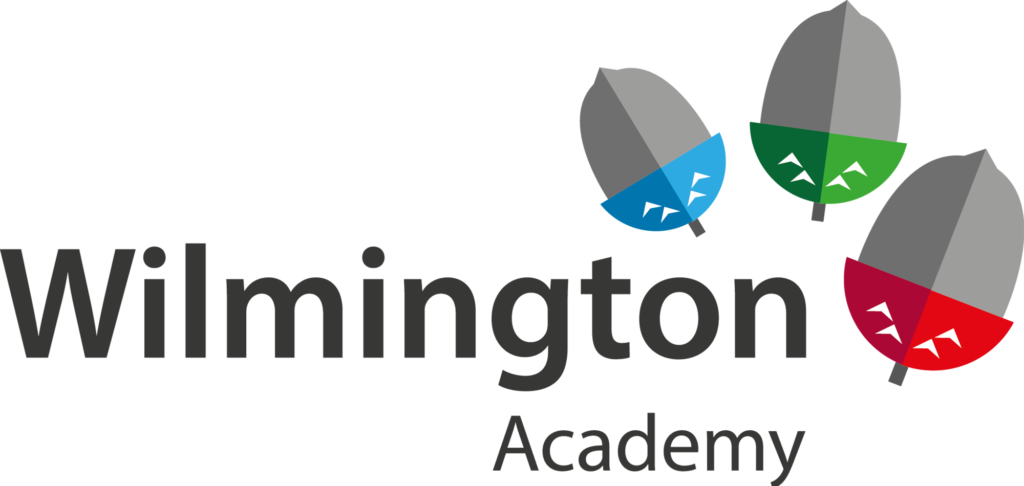KS3: MYP History (Individuals and Societies)
Intent
Our aim is to provide an engaging and inclusive History curriculum that allows all students to reach their full potential, develop a love of learning and understand how important history is to the world they live in today. As Marcus Garvey stated, “A person without knowledge of their past history, origin, and culture is like a tree without roots”. It is more important than ever to understand the events of the past, to engage in critical evaluation of sources and to make historical judgements. Students gain the opportunity to travel through the past, learn why the world is the way it is today and become inquisitive, globally aware citizens.
The History curriculum allows students to retain vital substantive knowledge, focus on second order concepts and master essential historical enquiry through source analysis, Interpretations and critical thinking. We want to equip our students with a curiosity of the world around them. The department focuses on a number of historical events and themes, from Migration over time, the rise of 20th century dictators across the globe, the British Empire as well as key components of the National Curriculum such as what Britain was like before 1066, the Holocaust and a local study which features in Year 7, 8 and 9.
Within the MYP, GCSE and IB curriculum, students are encouraged to reflect on the highs and lows of the past and use this to consider their role within society today. Our curriculum is constantly reviewed to ensure that it exceeds the breadth of the National Curriculum, the needs of our current students and shapes them to be well rounded individuals that are knowledgeable and able to analyse and think independently about the world around them.
Implementation
For MYP History, our unit plans are based on ensuring full coverage of the National Curriculum through the use of the MYP and embedded IB philosophy. The department puts a great emphasis on KS3 as we give students the opportunity to research and investigate topics within History and be independent and conscientious with their approach to the work they produce. The curriculum has been designed to allow students to develop critical thinking, problem solving and creativity, linking to real world problems and the challenges that our world faces.
Schedule of Learning
- Module 1: Intro to Historical skills – What was England like before 1060?
- Module 2: The Norman Conquest including a local study of Battle Abbey.
- Module 3: What was life like in Medieval England?
- Modules 4 & 5: Power of the Monarchy – What were the problems with Medieval Monarchs?
- Module 6: African and Islamic Civilisations
Schedule of Learning
- Modules 1 & 2: Causes and consequences of the British Empire: Empire, Colonies and Slavery
- Module 3: Changes to Britain in the 18th century: The Industrial Revolution
- Module 4: Life in WW1 across the Empire
- Module 5: Women’s suffrage
- Module 6: Imperial Russia and the revolutions.
Schedule of Learning
- Module 1: Thematic study: Migration to Britain over time.
- Module 2: The rise of dictatorships in the 20th century
- Module 3: The Holocaust and subsequent genocides
- Module 4: The Cold War
- Module 5: Civil Right in America, Britain and South Africa
- Module 6: Independence in the Middle East
Impact
The breadth and depth of the History curriculum will ensure that all students can be challenged in developing the disciplinary and substantive knowledge needed for them to be successful historians. This will ensure that they have the ability to access the next step in their education and in their lives. Skills include evaluating sources, weighing up evidence, determining the reliability of contemporary sources, debating and presenting both sides of an argument, analysing historical interpretations, student led enquiry and developing key literacy and numeracy skills, which are important not just for our subject but across multiple disciplines.
Students will be assessed under four different criteria:
- Criterion A: Knowledge and Understanding
- Criterion B: Investigation
- Criterion C: Communication
- Criterion D: Critical thinking
Each criterion is divided into a number of achievement levels. The different levels within each criterion demonstrate the students’ achievement. At the lowest levels, the students’ achievement will be minimal. As the numerical score increases, the students’ achievement level increases.
The criterion will be assessed and reported upon twice a year (module 3 and 6). A final grade will be provided at the end of the year, during module 6. Further guidance on MYP assessments can be found here:
For more information, please read our assessment recording and reporting cycle.


